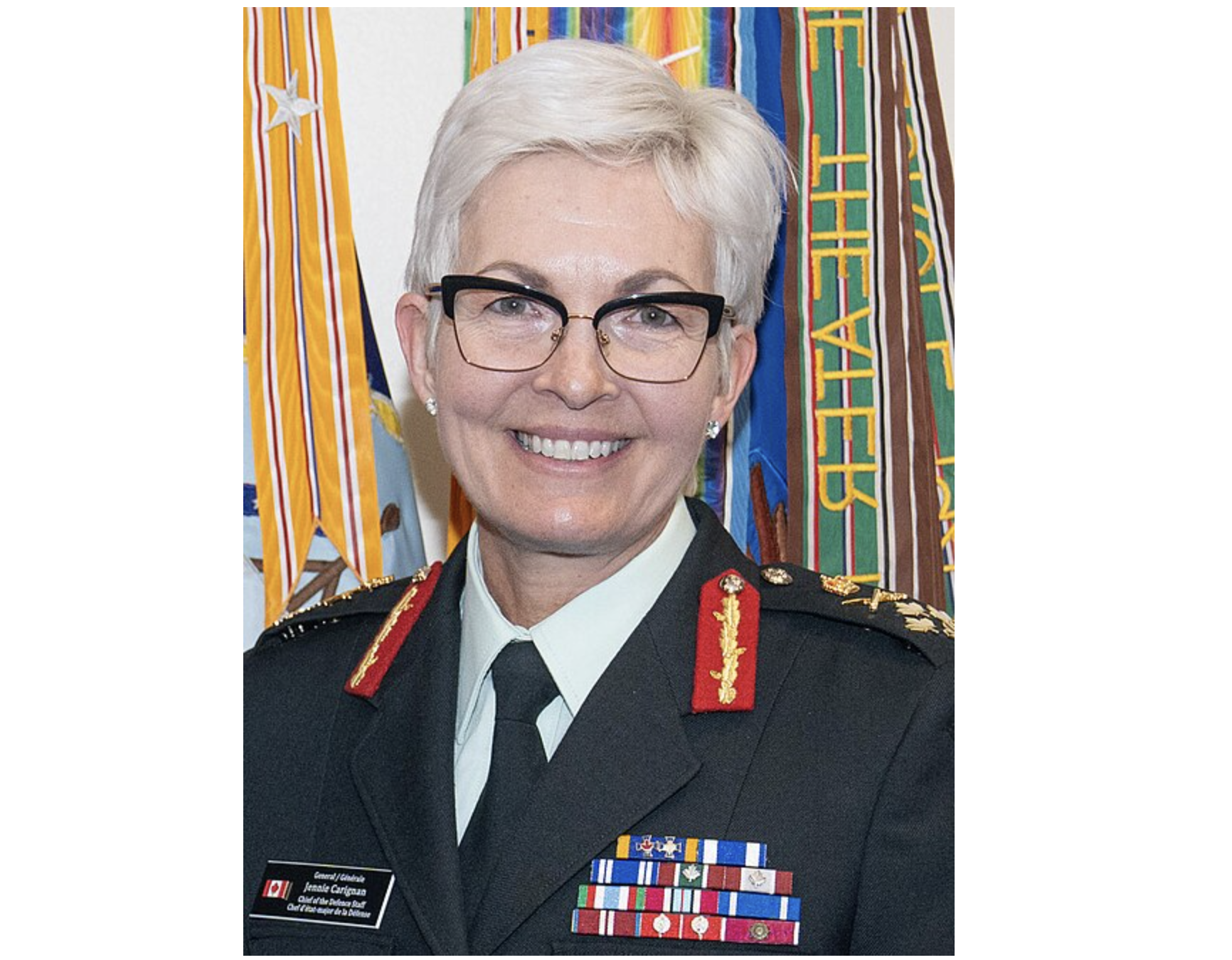By Military Woman
Question:
Canadians are known worldwide for their frequency of apologizing. Despite that, what apology remains missing from Canada’s record of federal accountability?
Answer:
The apology Canada still owes is to the women who have served in the Canadian Armed Forces (CAF)—for decades of systemic failures in safe, equitable integration.
Let’s first consider which defence-related apologies have already occurred:
• 2002: Apology to First Nation Veterans
• 2017: Apology to military LGBTQ2 purge victims (and other federal employees)
• 2019: Apology to Métis Veterans
• 2021: Apology to those harmed by military sexual misconduct
• 2022: Apology for anti-Black racism toward No. 2 Construction Battalion
• 2025: Apology for military-related racial discrimination and harassment
Fallout From the Most Recent Apology
During the October 30, 2025, apology for systemic racism, Chief of Defence Staff (CDS) General Jennie Carignan’s voice broke as she said, “We failed you.” Online backlash was immediate and harsh, with critics using her normal human empathy as “proof” women are “too emotional” for military leadership roles. This backlash illustrates the constant, often invisible systemic burdens experienced by many servicewomen regardless of rank.
Why Military Women’s Service Is Different
The government must accept responsibility for employing women for decades in male-designed workplaces that ignored sex- and gender-specific preventable harms. Beyond overt discrimination, the institution failed to adapt quickly for safe integration. The government has yet to explain decades of delays in addressing women-specific needs, including:
• Research
• Equipment, uniforms, accommodations, latrines
• Training and fitness standards
• Career progression and leadership culture
• Medical supports around pregnancy, postpartum, menopause
• Respectful, violence-free workplaces
The government owes an apology to those whose health was derailed by absent women-specific resources, and whose careers ended prematurely because of it. It also owes an apology to those retaliated against for reporting sexual harassment and assault. These were no minor oversights—they reflect systemic design failures. Women reporting assault often found supervisors that disbelieved them or openly sided their support for the accused perpetrator.
The Invisible but Lasting Impacts
The consequences of this institutional betrayal were real. Before a policy update in the late 1990s, many women were purged from the military for more than just their sexual orientation. Women who reported workplace sexual harassment or assault often faced a chain of command that did not believe them, or worse, openly sided with the perpetrator.
This betrayal by their own leadership created a predictable “double trauma” effect. Ongoing workplace stress from the original event led to clusters of medical symptoms that, despite investigations, often provided no clear diagnosis. Work performances deteriorated, careers stalled, relationships strained, and many women were pushed out of the military through expedited “2B” administrative releases.
Research now shows this second hit - the retaliation often felt involving a sense of social banishment, loss of belonging, and broken trust—can cause deeper, longer-lasting, and more complex harms than the original trauma. These types of harms are referred to today as military sexual trauma (MST), sanctuary trauma, moral injury, or the newer term “social injury.” Regardless of the terminology - the suffering is real.
With proper supports, many of these women could have recovered and continued serving. And for those who became ill, their releases should have been medical—not administrative. An apology is overdue.
Apologies Matter
Apologies must be specific. When done well, they carry political weight and healing impact. In defence, they signal institutional responsibility; culture change cannot occur without naming the harms. Naming makes harms visible. Recognition restores dignity. Invisible No More. The Experiences of Canadian Women Veterans (June 12, 2024) recognized this gap. Recommendation #3 calls for a federal apology explicitly naming sex- and gender-specific harms.
When Should an Apology Happen?
International Women’s Day is celebratory. A more meaningful date is June 12, 2026—the second anniversary of the Invisible No More report’s release. Many from the pre-1989 veterans era are now 60+. Delaying an apology beyond 2026 risks erasing their lived experience and denying them a chance to witness change.
The Takeaway
Until Recommendation #3 of Invisible No More is fulfilled, Canada’s “sorry” list remains incomplete. Women Veterans seek to be seen, acknowledged, respected, and assured invisibility stops with them. The goal is simple: that the next generation of women serves without needing to fight for visibility, care, or respect.


